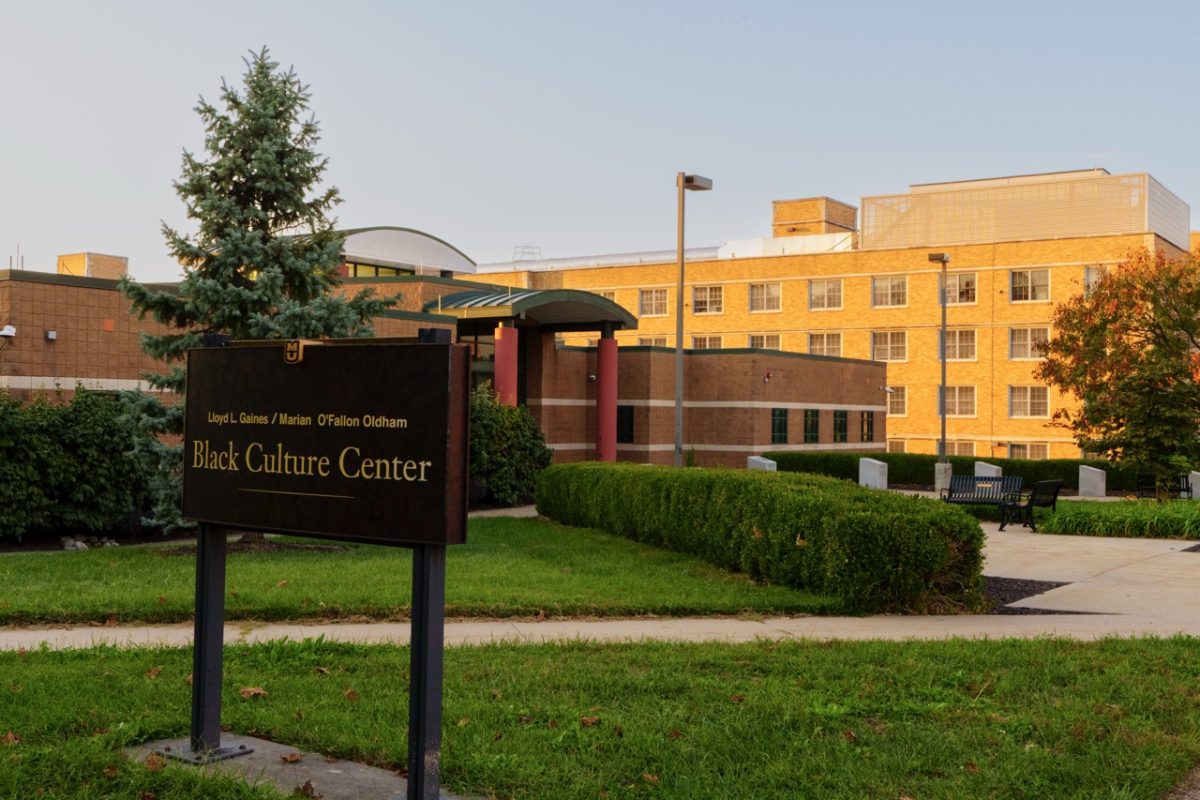Director Anna Zamecka truly outdid herself in her first documentary, _Communion_.
The film begins by introducing the character Nikodem, an autistic boy, struggling to put on his belt for himself. He continues to fiddle with the belt and even tries putting it on backwards, which left the audience giggling.
The scene then shifts to Ola, Nikodem’s 14-year old sister, emptying his book bag for him because he put too much in it. Right away, the undeniable impact Ola has in Nikodem’s life is evident. In one of the first instances where Ola is portrayed as a maternal figure rather than a sister, she discovers his journal meant for taking notes is instead filled with doodles of dinosaurs. She orders him to pay attention in his communion classes or she will notify his teacher. Nikodem struggles with paying attention and taking interest in his studies. The film focuses on Ola taking it upon herself to ensure Nikodem studies for his communion, a religious, Catholic ceremony in which an individual first receives the Eucharist, in hopes that the celebration will reunite her broken family.
Because her mother doesn’t care for them and her father is an alcoholic, Ola takes it upon herself to fill both parental roles. She ensures Nikodem studies for his communion, provides for his basic needs and focuses on correcting his behavior.
Not only does Ola take care of her brother, but she often calls her father to remind him it is time for him to come home from his binge drinking at the bar and checks in on her mother who is currently living with another man. Throughout the documentary, Ola holds onto the hope that she can encourage her mom to return home and reunite their family, but as their story continues, she begins to realize that in her mother’s absence she can finally find room for new dreams of her own to develop.
The documentary takes place in Poland, in a flat that is only 30 square meters in size. It is run-down, dirty, dysfunctional and certainly not big enough for them to all live comfortably.
Despite their bitter reality, the characters still incorporate humor throughout the film. Nikodem’s autistic tics make it difficult for him to take many situations seriously. As a result, he often incorporates humor, which lightens up the overall mood of the film and provides a great laugh for the audience.
Not only is the storyline great, but Zamecka showcases her capabilities as a director. She reveals the importance of capturing subtle gestures to leave the biggest impacts, whether it be Ola encouraging her younger brother, babysitting her father or completing chores.
In one instance in particular, Zamecka captures a moment where Ola is struggling to zip up her dress for Nikodem’s communion, but eventually manages to zip it on her own. Zamecka then provides a flashback from a family-filmed video where it shows Ola having to zip up her own communion dress as her mother walks past her struggling. Focusing on these simple yet defining moments continues to build Ola up as an everyday hero by opening the audience’s eyes to not only her daily struggles, but to her selfless devotion to her family.
According to Zamecka, the film’s shooting period was roughly one year and three months, incorporating 35 shooting days. Due to the fact that this film is spread out over time, the audience is able to see the growth of the characters, especially Ola and Nikodem, from the beginning to the end. The director’s choice to document these characters over an extended period of time encourages the audience to develop a personal bond with them and appreciate their continuous growth as individuals.
**MOVE gives _Communion_ 5 out of 5 stars.**








